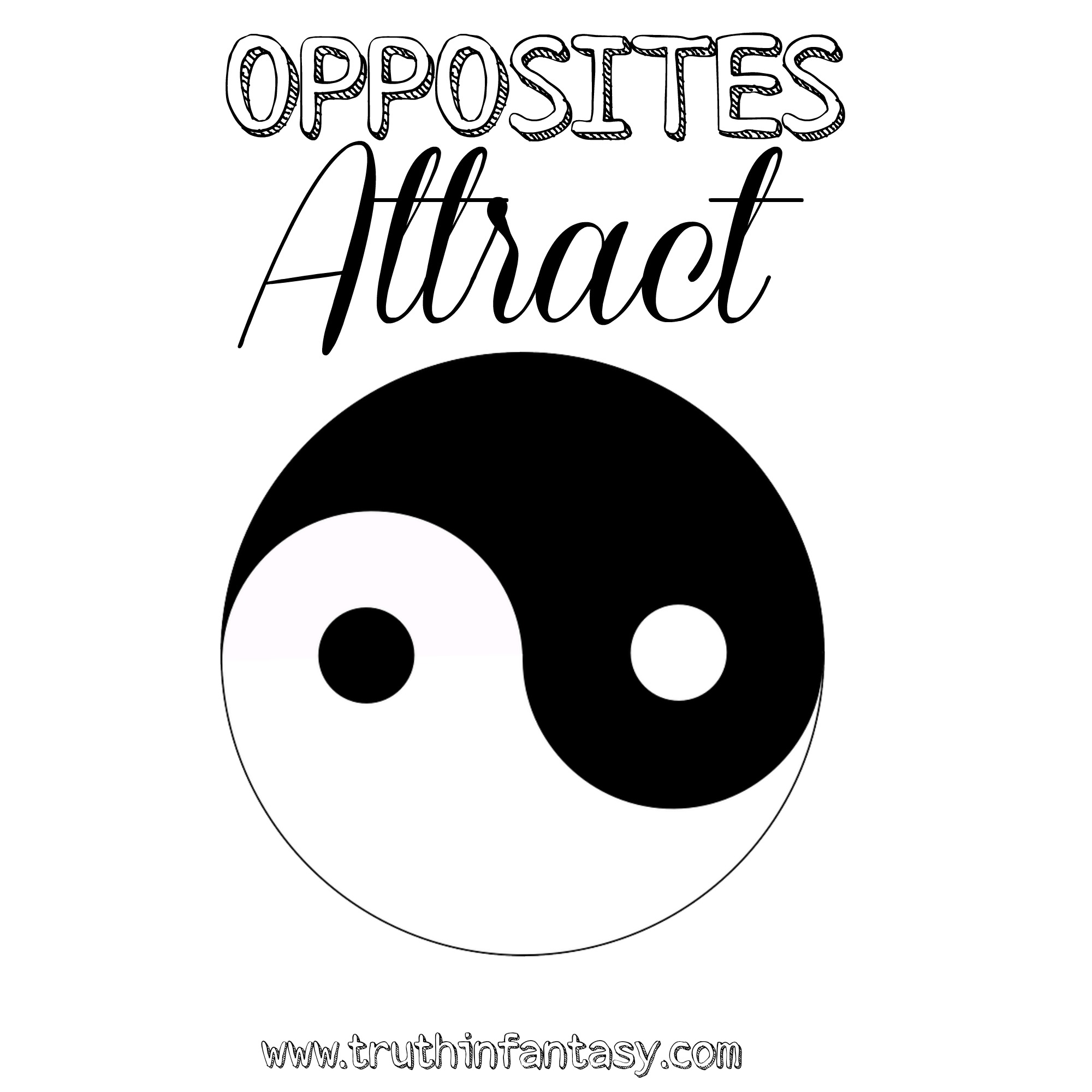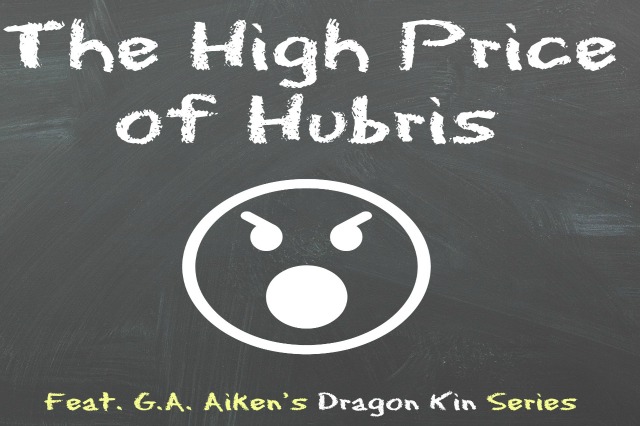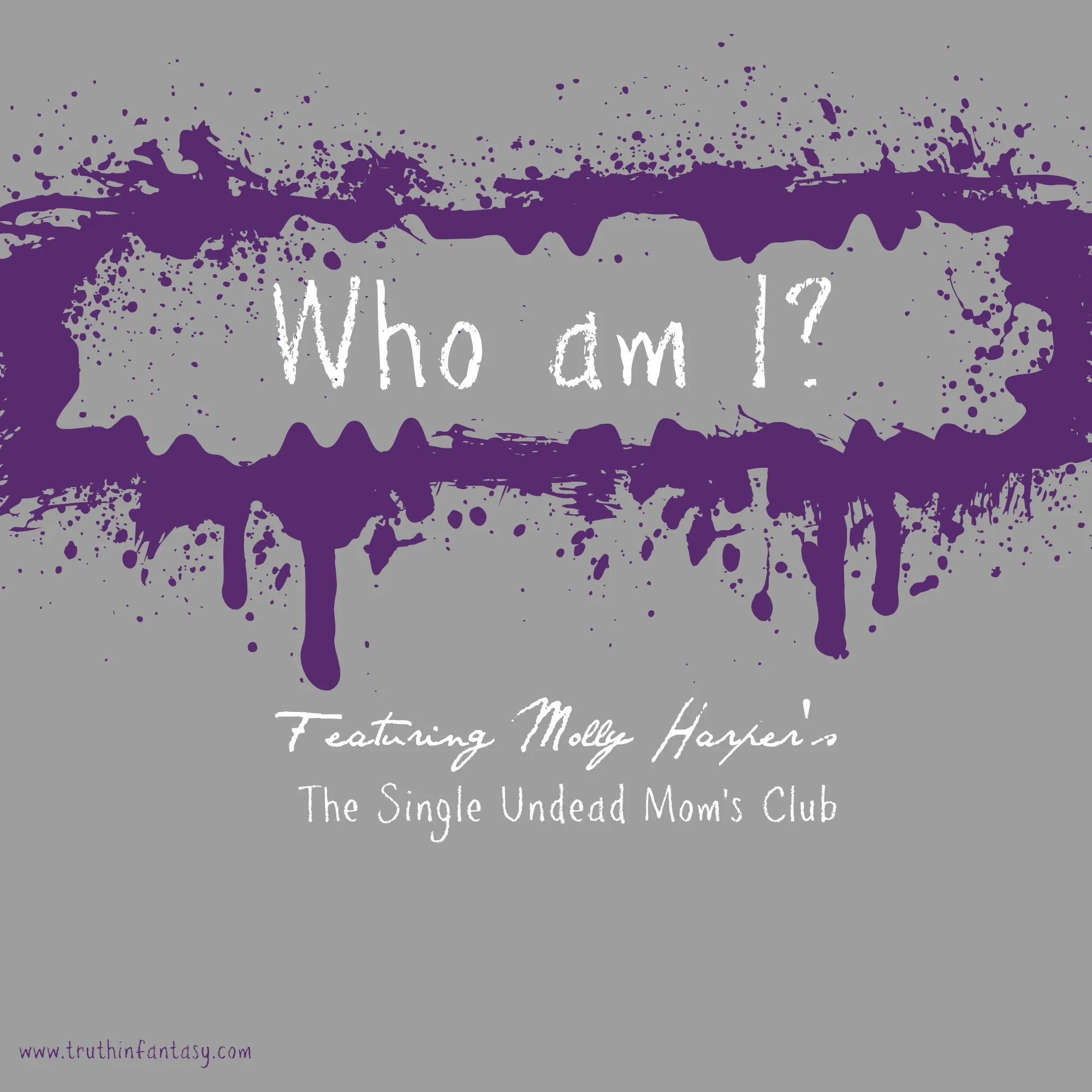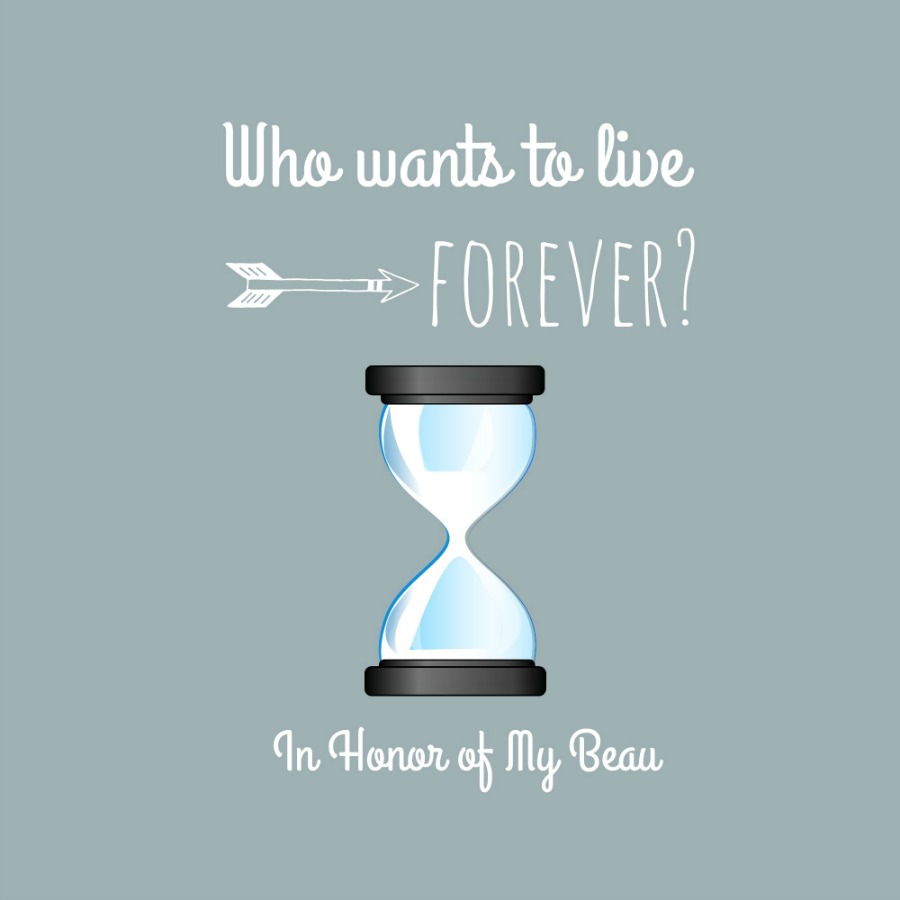know a number of people who are militant about not paying full price. They clip coupons and wait for sales. I’m not one of them. If something I want is, to my mind, fairly priced, I’ll pay that price. I understand that the item might be available elsewhere for less money, but I factor in the time value of money, the inconvenience and stress of comparison shopping, and if the slightly higher price might support an independent vendor over a big box store or an online behemoth like Amazon (don't get me wrong, I love Amazon, and I have the credit card bills to prove it) I pay the marked price. But for me, fair is fair and value is value. And value is intrinsic and should not be discounted below its worth. This is especially true when it comes to love and relationships. Bargain hunting with our hearts is a fool's errand. What do I mean by this phrase? Well, I'm talking about all the subtle and not-so-subtle ways that our significant others discount us, and perhaps, how we do the same in return. "I'd never do that," you exclaim. "And I certainly wouldn't put up with it," you continue. I applaud your good intentions, but you might want to take a moment to check the sign on the road you're walking (you might be headed to hell, so take a look). Despite our best intentions, we all do it. When we listen with half an ear to our spouse’s recounting of their day we are discounting our beloved. When we roll our eyes or behave less than graciously when attending a work function with our spouse, when we give them lip service but no real attention to their interests and activities, we are discounting them. When we "jokingly" criticize their driving to our kids, or poke fun at their foibles, we are discounting their value and decreasing their worth.
e often see this theme in paranormal and urban fantasy relationships that fail. These provide excellent models of what not to seek when we're looking for love. Two examples that stand out (spoiler alert if you haven't finished the Sookie Stackhouse series by Charlaine Harris or aren't up to date with Laurell Hamilton's Anita Blake works) are the unsuccessful romances between Sookie and Eric and Anita and Richard. I wasn't too upset about Richard, because Jean Claude is so much more... everything, actually. I was rooting against Richard the whole time. And once I got over my deep depression that Sookie and Bill broke up (because he took her for granted and discounted her value until it was too late), I wanted her to end up with Eric so badly… but it was not to be because he didn’t value her highly enough for who and what she was.
The problem with both of these failed relationships was that the men discounted their women. For Anita and Richard, he disapproved of Anita's job and her paranormal abilities. Odd, of course, given that Richard is a werewolf. Richard devalued who Anita was and what she did, which cost him her love -- and sent her right into Jean Claude's bed, luckily for us. Richard redeemed himself a bit later in the series, but never completely.
In the Southern Vampire series, Sookie loves Eric, and she is his heart’s desire. But in the end, Eric revealed his long term plan to turn Sookie into a vampire like himself, regardless of her opinion about this. So, while Eric loved Sookie, he didn't trust her to know her own mind. He was completely dismissive of her humanity, essentially depreciating her worth unless she became more like him. Not good. Discounts don't work in this scenario.
I've often told the story of why, when it came down to brass tacks, I married my husband. I had been engaged before to a Special Forces officer--complete with a green beret and an Army Ranger badge. He was a badass and I was smitten. But in the end, I knew I couldn't marry him, because every time I had an issue he would say, "That's your problem." By which he meant that my perceptions were invalid --what I considered important wasn't valued by him. Definitely not a keeper. By the same token, the reason I married my husband was because instead of discounting my opinion, he added value to it by validating it. When I say I have a problem, he says, "Well, I'm not sure I see that as a problem, but if it's a problem for you, then it's a problem for us, and let's fix it together." When it comes to my opinions and happiness, my beloved never hunts for bargains. I love that about him.
Unfortunately, I didn’t start reading in my now-preferred genre until about eight years ago. I could have saved myself a lot of trouble and heartache if only I’d progressed beyond mysteries, police procedurals and international intrigue earlier in my reading career. While I learned a lot about espionage tradecraft and courtroom protocols, not to mention a ton of random knowledge from my historical mysteries, I didn’t learn about love and the dangers of devaluation from these kinds of books. The truth I have absorbed from reading my beloved fantasy novels is that no matter how gorgeous (‘cause they are all drop-dead beautiful), dangerous (in the compelling bad-boy way), devoted (in the overbearing, protective, Neanderthal way), or accomplished (as only unnaturally long-lived vampires and werewolves can be), if they don’t value us for who we are, we need to kick ‘em to the curb.



















